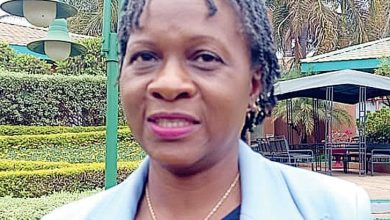SPC dares officials on donor funds absorption
Secretary to the President and Cabinet Colleen Zamba has urged government officials and development partners to create a framework that can curb the low absorption rate of donor funds.
The call comes after delegates to the 2024 World Bank Country Portfolio Performance Review Meeting (CPPR) in Lilongwe yesterday observed that bureaucratic bottlenecks, lengthy preparation periods for large projects and Cyclone Freddy had derailed the implementation of some projects.

are not using the funds
In her remarks during the opening of meeting, Zamba said it was curious that the government has a very low absorption rate, evidenced by the continued delays in donor-funded projects, considering that the government is struggling to raise funds to finance national growth and development objectives.
She added that the lengthy process to secure no objections from the Public Procurement and Disposal of Assets Authority created bottle-necks that derail government projects.
Said Zamba: “This low absorption shows that we are not using the funds.
“This meeting should discuss ways of addressing this. We should clearly outline the responsibilities [within the set up] for clearing out these bottlenecks.”
World Bank Malawi country manager Firas Raad acknowledged that preparation time for large projects often causes delays, but emphasised that the bank has already taken steps to streamline and simplify these processes.
On her part, Economics Association of Malawi acting president Bertha Bangara-Chikadza urged local authorities to streamline procurement processes through decentralisation and digitalisation to expedite project implementation without compromising on public finance management protocols.
In her presentation on the performance of the World Bank’s portfolio in Malawi, World Bank operations analyst Esther Lozo reported that 14 out of 30 projects under the Bretton Woods portfolio were not completed within the stipulated time and had to be extended.
She further said that two World Bank projects—the Southern African Trade Connectivity Project and the Shire Valley Transformation Project were at risk.
“They went off track because Cyclone Ana destroyed part of the infrastructure. With reconstruction, we no longer have sufficient resources to complete the project and meet the intended objectives,” she said.





